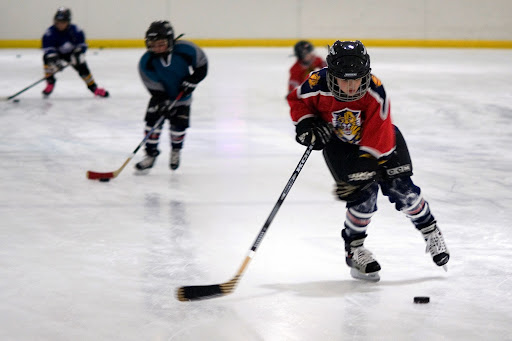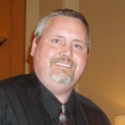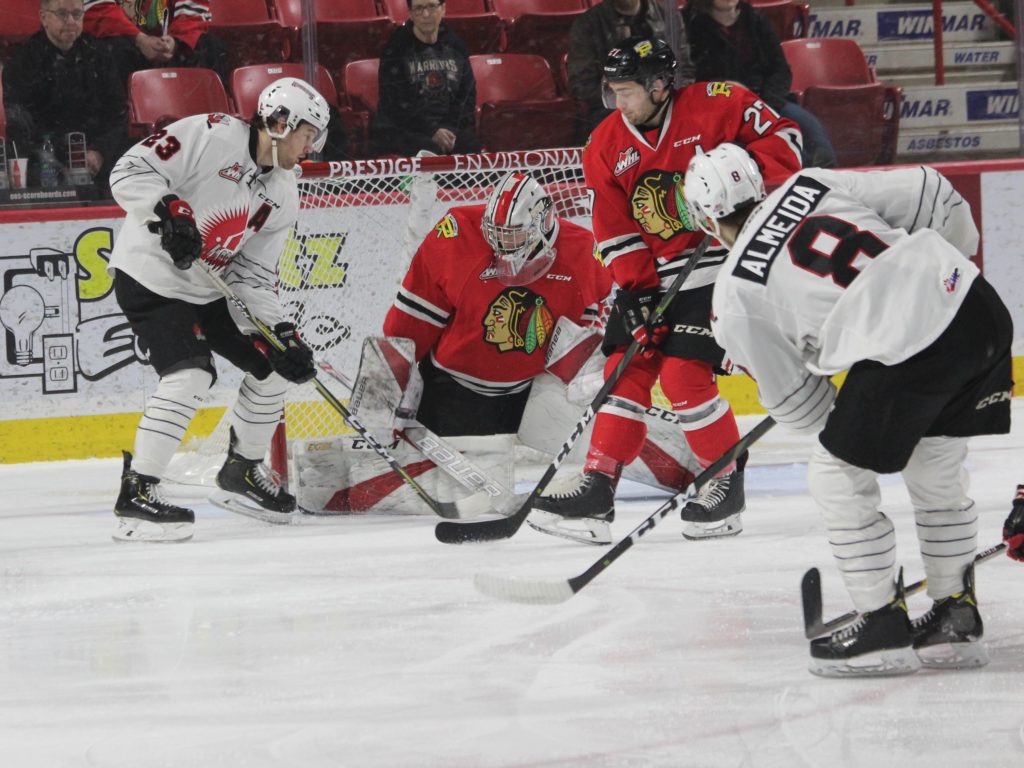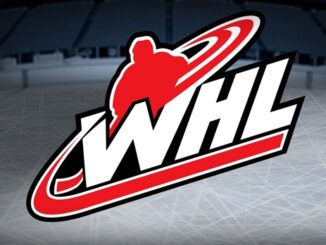
The Sherwood Ice Arena, which had fallen on hard times since the pandemic, is now operated by the Portland Winterhawks and parent group Winterhawks Sports Group. Several years ago, when Bill Gallacher took over the team from the clutches of insolvency back in 2009, there were three ice rinks: Valley Ice Arena in Beaverton, Oregon, Sherwood Ice Arena in Sherwood, Oregon, and Mountainview Ice Arena in Vancouver, Washington, with proximity to the Veterans Memorial Coliseum in Portland. Under Gallacher, the Hawks group bought Valley Ice Arena in Beaverton. A dilapidated rink that took over 2.5 million to renovate to the standards it has now was initially used to house the Winterhawks practice and then used for other groups renting. The rink became the starting point of strong pushes toward the Winterhawks brand. The Junior Hawks and subsequent age groups under 20 became a prime collegiate or professional development location. The age groups started filling up.
The Rose City Hockey Club tried to gain ice time for all girls and, in the beginning, had a tough time getting ice time and other benefits at the WSC (Winterhawks Skating Center), now the new name for Valley Ice Arena. However, while still a separate entity, they have gained traction in the WSC. Of course, the recent draft of female goaltender Morgan Stickney by the Winterhawks as the first female goaltender drafted will lead the strong push toward women’s hockey on the West Coast.
Over the past many years, Sherwood and Mountainview have had a table at the Coliseum during Winterhawks games and used this to promote their events at a time when then President Doug Piper was looking to bring all the ice sheets together to create a mass push for local skating.
When the current Winterhawks Skating Group took over, the table at the Coliseum was gone. The Sherwood Ice Arena had created Pacific Edge, a hockey group to fill the same ages as the skating center, and former Winterhawks center Taylor Peters was a coach there. Meanwhile, Mountainview was creating the Jr. Rangers, a similar program for its players. Many felt that WSC couldn’t handle all the potential players, and with the various teaching styles and prices, it would offer more people the opportunity.
At one point, when I was the President of the Winterhawks Booster Club, I wanted our group to fund the jerseys for the players at the two arenas. It would push the Booster Club branding and fulfill the product’s needs. After two years of working with Try Hockey for Free, I set out to clothe the Sherwood Ice Arena participants. I was told by the Winterhawks that I could not do so as the arenas were felt to be “poaching” potential students. I was taken aback as the thought was to further our brand and bring hockey to the masses.
There had been much tension with the local arenas, one of which had seen someone volunteer their time at Winterhawks games only to see the promotional table at the Coliseum gone.
Currently, Mountainview Ice Arena in Vancouver is the only independent arena with one sheet of ice. It used to be two, but a church purchased the property and gutted the rink to make way for the church itself. There had been ill feelings by some at the start with complaints of language, and one went so far as to wash the windows and leave a phallic symbol on the glass, which was removed but created hostilities; those issues seem to have dissipated since there are no longer WHA or NORPAC games there. The last team to run a schedule was several years back.
The hope is that the groups at Winterhawks Skating Center and Sherwood can bring the masses to the sport and that Mountainview will be able to find a partnership that benefits all.





Another interesting article shows all the good and bad of Junior Hockey like everything else can’t everyone just come together and listen?